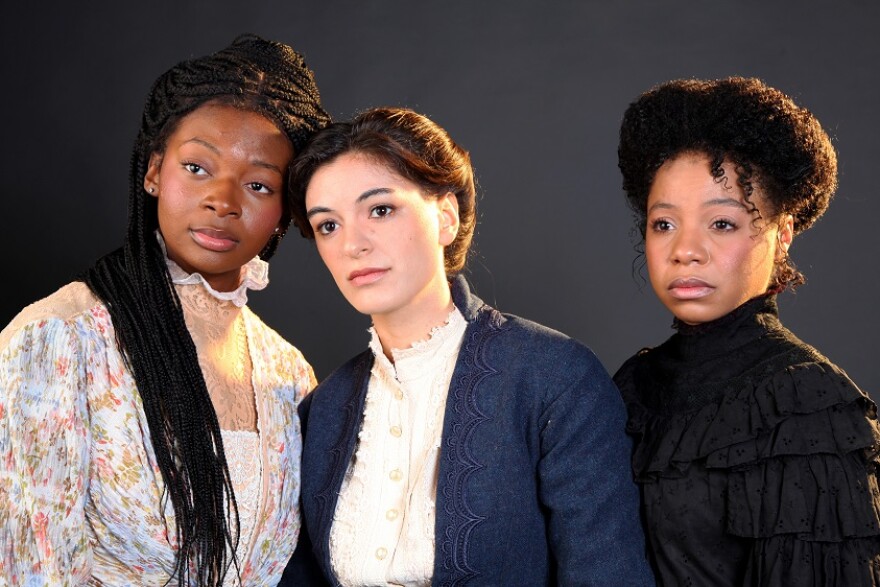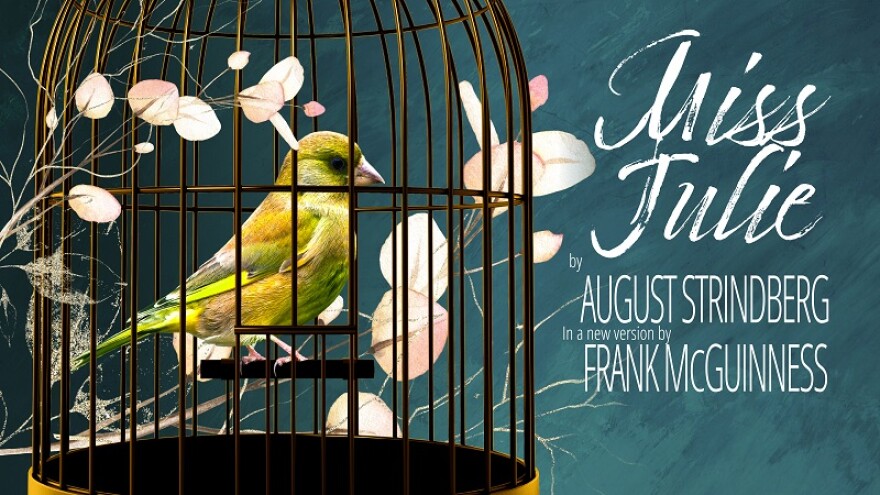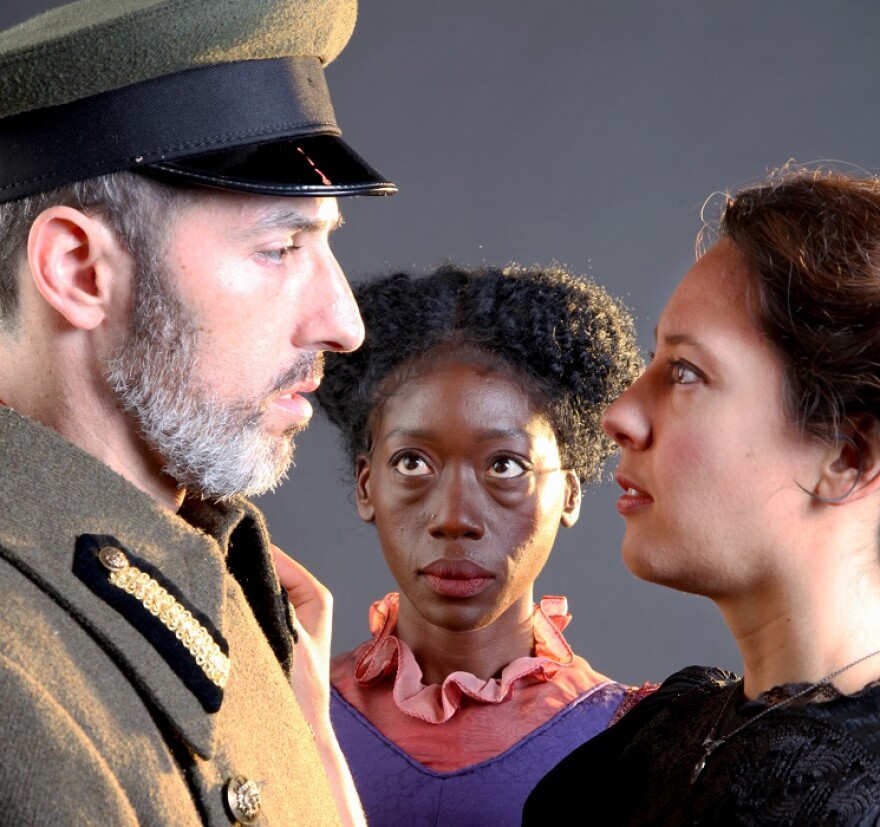It’s been five decades since the FSU Conservatory left Tallahassee and moved to Sarasota to join Asolo Repertory Theatre to become The FSU/Asolo Conservatory for Actor Training. Andrei Malaev-Babel has been associated with the conservatory since 2006 and has been its director since the summer of 2022.

Over the years, the conservatory, like the rest of the country and the world has experienced tremendous change.
“It is certainly more diverse in terms of faculty and in terms of the repertoire. We have a new generation of students, they're quite different in many ways from the previous generations. But you know what, every generation is different. We are noticing this, and we are working very, very hard to keep up,” he said.

He said the faculty is constantly researching the techniques at the core of the curriculum.
“Because if you are not developing the curriculum, if you're not researching new acting techniques, movement, voice, text work, then obviously you're standing still,” Malaev-Babel said.
One of the major developments driven by rapid change in the industry, he said, is the shrinking amount of rehearsal time, because of the push to make theater, TV and film more affordable.
“And because of that we have to really shift our teaching into preparation. How do actors prepare? How do they develop their characters? How do they connect with the circumstances of the play? Or with the circumstances of the script? And, he said, “How do they develop relationships with other characters?”

For each of the 12 Master of Fine Arts (MFA) students they accept each year, there are hundreds of others hoping to be chosen for the tuition-free program.
“So, the first thing that we do when we're audition them, we ask them to toss out the window, everything that they have prepared, and actually see what happens if they go on their intuition, if they have their genuine talent speak during the audition,” he said.
Because, in his words, what the school offers is about “living in character” not “imitating the character.”

One rare opportunity that FSU/Asolo Conservatory offers first-year students is to understudy for the repertory theater.
It’s not a standard practice, but he said, it’s only possible because of the close working partnership FSU has with Asolo Repertory Theater.
“Because in the first year, our actors are understudying very often principal roles, and they do go on, which means that before they have completed even the first semester of training, they're supposed to be able to step on to the professional stage and hold their own next to seasoned professionals,” he said.

Malaev-Babel said students perform principal roles on the Asolo Repertory Theatre stage in their third year of training.
"In fact, their entire third year is dedicated to associate company membership with the Rep. Last year, they literally carried the entire season, starring in almost every Asolo production," he said.
To celebrate the conservatory’s 50th Anniversary, this season’s productions will include faculty, alumni, students and actors from the local community.
Among the four plays they will produce are some of the most recognizable names of the theatrical canon, like Chekhov’s “Three Sisters,” Strindberg’s “Miss Julie,” and “Romeo and Juliet.” “Clyde’s,” by two-time Pulitzer Prize winner Lynn Nottage, will share a set with “Miss Julie,” because Malaev-Babel said they’re both set in kitchens, albeit very different kitchens.

So why do plays like “Three Sisters” still speak to us?
“’Three Sisters’ speak to us today as they spoke to us 100 years ago, and probably will always speak to us, because Chekhov is asking questions through his characters that are completely timeless,” Malaev-Babel said.
You can find out more about the FSU/Asolo Conservatory 50th Anniversary season here.
It gets underway with previews for “Three Sisters” on Oct. 24.




